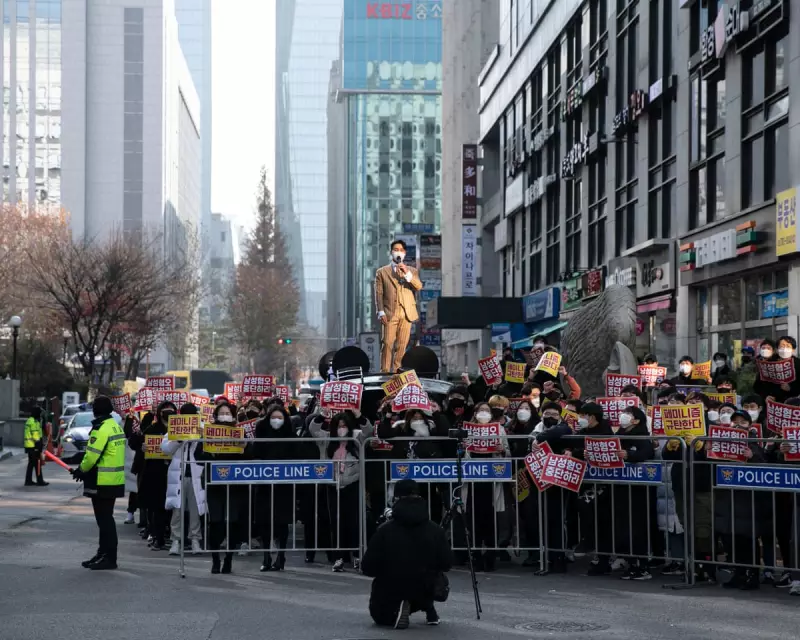
In the heart of East Asia's economic powerhouse, a silent war is raging. South Korea, renowned for its technological innovation and cultural exports, is being torn apart by one of the world's most intense gender conflicts—a deep-seated social schism that is reshaping the nation's future.
A Nation Divided
What began as a legitimate struggle for gender equality has spiralled into something far more complex and damaging. The country now finds itself caught in a vicious cycle of accusation and counter-accusation, with young men and women increasingly viewing each other not as partners but as adversaries in a zero-sum game for South Korea's future.
The Numbers Don't Lie
The statistics paint a startling picture of this social crisis. South Korea's birth rate has plummeted to a staggering 0.72—the lowest in the world—as young people increasingly opt out of relationships, marriage and family life altogether. This isn't merely a demographic concern; it's a national emergency that threatens the very fabric of Korean society.
Political Exploitation
Amidst this turmoil, political forces have seized upon the gender divide. President Yoon Suk Yeol's administration has notably shifted away from feminism, appealing directly to the frustrations of young men who feel disadvantaged by affirmative action policies and what they perceive as reverse discrimination.
The Human Cost
Beyond the political rhetoric and statistics lie real human stories. Vulnerable groups, particularly disabled women and those from disadvantaged backgrounds, find themselves caught in the crossfire of this ideological battle. Services and support systems are becoming casualties in a war where the most marginalised suffer the most.
Digital Battlefields
The conflict has found fertile ground online, where anonymous platforms amplify extreme voices from both sides. Misinformation spreads rapidly, deepening mistrust and creating echo chambers that reinforce existing prejudices rather than fostering constructive dialogue.
A Path Forward?
Despite the bleak landscape, some voices call for reconciliation. Researchers and social advocates emphasise the need to move beyond binary thinking and recognise the complex economic and social pressures affecting all young Koreans. The question remains whether the nation can find common ground before the divisions become irreversible.
South Korea's gender war serves as a cautionary tale for developed nations worldwide—a stark reminder of what happens when dialogue breaks down and identity politics override shared humanity. The resolution of this conflict will likely determine not just Korea's demographic future, but its social cohesion for generations to come.





